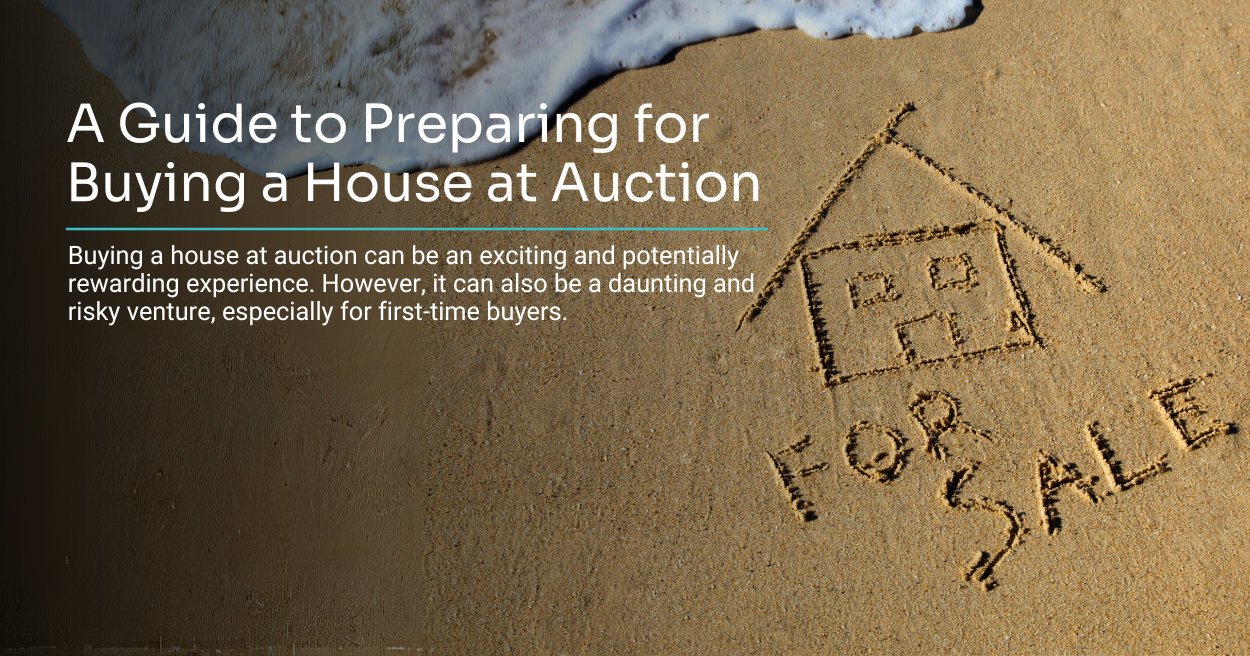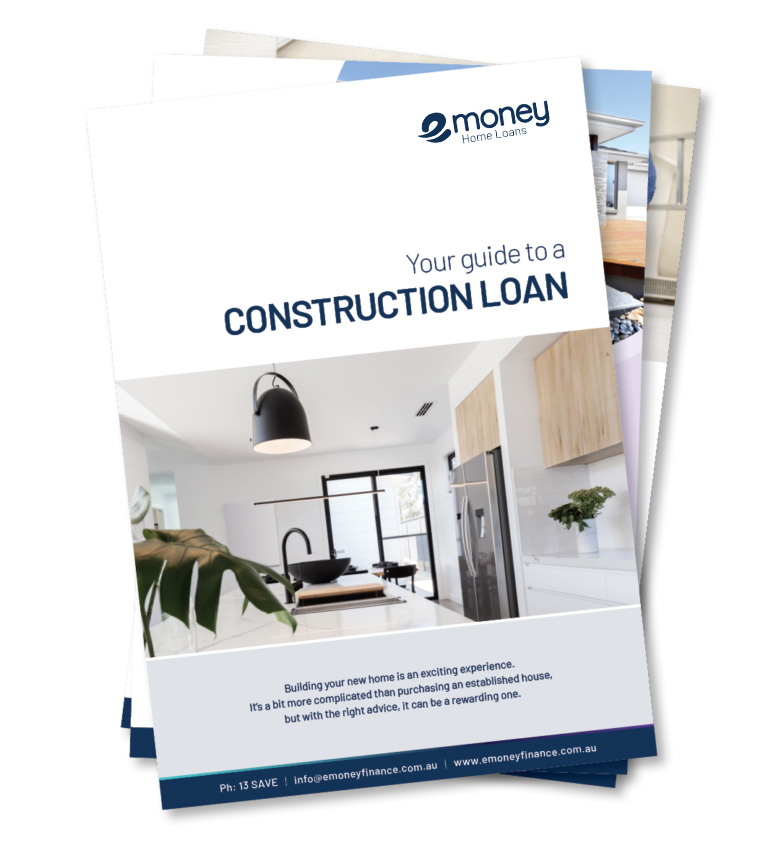
Buying a house at auction can be an exciting and potentially rewarding experience. However, it can also be a daunting and risky venture, especially for first-time buyers. With over 26 years of experience, emoney Home Loans is here to guide you through the process and help you make informed decisions. In this blog, we will provide you with a checklist of how to prepare for buying a house at auction, ensuring you are well-aware of the risks involved.
No cooling-off period
Unlike private sales, purchasing a property at auction usually means there’s no cooling-off period. Once the hammer falls, the sale is binding, leaving you with limited room for reconsideration or backing out.
Limited time for inspections:
Auction properties are often sold as-is, meaning there might be limited opportunities for thorough inspections. You may need to rely on pre-auction reports or conduct a brief inspection during open-house viewings.
Competitive bidding:
Auctions can quickly turn into a competitive bidding war, driving prices higher than your budget. Emotions can run high, leading to impulsive decisions.
Unseen competition:
Professional buyers and investors might be present at the auction, making it challenging for inexperienced bidders to secure a property.
Uncertainty:
There’s no guarantee that you’ll be the winning bidder, leaving you without a property after investing time and resources in preparation.
To navigate the auction process successfully and mitigate potential risks, follow this comprehensive checklist:
Research and Knowledge
– Familiarise yourself with the auction process: Understand the rules, terms, and conditions of property auctions in your area.
– Research the market: Analyse recent sales data and property trends in the neighbourhoods you are interested in to gain an understanding of property values.
– Study the property: Thoroughly research the property you intend to bid on, including its history, previous sale prices, and any potential issues.
– Budget and financing: Determine your budget and secure pre-approval for a home loan from emoney Home Loans or your preferred lender to know your financial limitations.
Inspect the Property
– Attend open-house viewings: Inspect the property as much as possible and bring along a professional inspector if allowed.
– Request necessary documents: Obtain copies of the property’s building and pest inspection reports, title documents, and any other relevant paperwork.
Get Professional Advice
– Engage a conveyancer or solicitor: Hire a qualified professional to review the contract of sale and advise you on any legal matters.
– Consult with a real estate agent: Seek advice from experienced agents to gain insights into the local market and auction strategies.
Set Your Limit
– Determine your maximum bid: Set a clear budget for the property and stick to it during the auction.
– Factor in additional costs: Account for auction fees, stamp duty, legal fees, and other expenses to calculate the total cost of the property.
Attend Other Auctions
– Gain experience: Attend other auctions as an observer to understand the dynamics and get comfortable with the process.
Get Pre-Registered
– Register with the auctioneer: Pre-register with the auctioneer to participate in the bidding process.
Stay Disciplined and Emotionally Detached
– Keep emotions in check: Avoid getting caught up in the excitement and stick to your predetermined budget.
– Be prepared to walk away: If the bidding exceeds your budget or comfort level, be ready to walk away and search for another opportunity.
Conclusion
Buying a house at auction can be a rewarding experience if you’re well-prepared and aware of the associated risks. As the leading Home Loan lender in Australia, emoney Home Loans is committed to helping you make informed decisions. By following our checklist and guidelines, you can navigate the auction process with confidence and secure your dream property.
Disclaimer: Please note that the information provided in this article is for informational purposes only and should not be considered as financial advice. Every individual’s financial circumstances are unique, and it’s crucial to seek personalised advice from professionals before making any investment decisions.

First Home Buyer's Guide
Enter your email address for instant access to our handy First Home Buyer's ebook.

Construction Loan Guide
Building a new home. Find out about the construction loan process.

